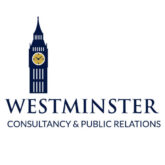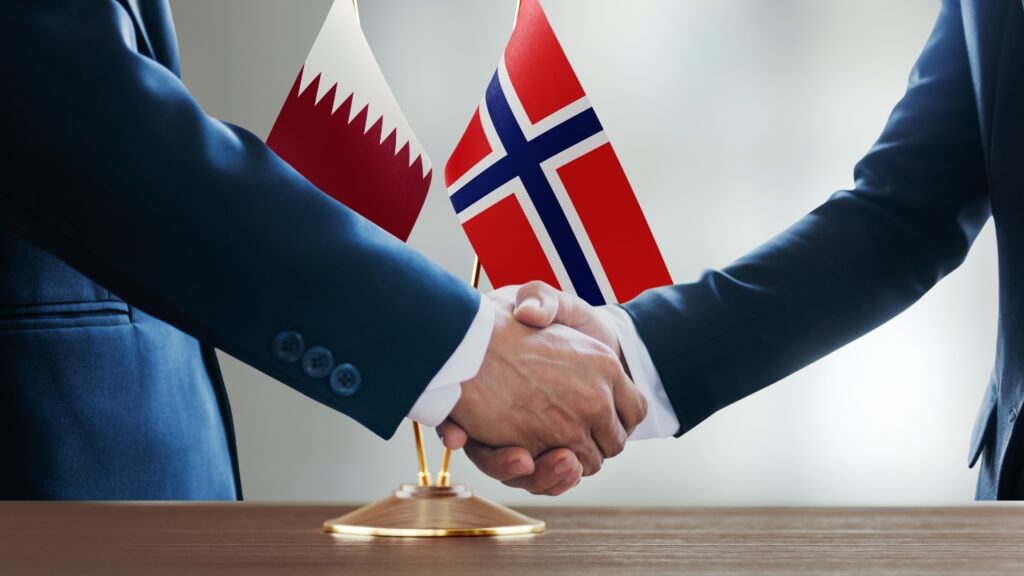Executive Summary
For decades, international diplomacy was dominated by great powers. Yet between 2000 and 2025, small states such as Qatar and Norway have played outsized roles in peacebuilding and mediation. From hosting ceasefire talks to facilitating prisoner exchanges, they have shown that influence in global affairs is not determined by size alone, but by strategy, credibility, and niche expertise.
This report examines the factors that allow small states to shape international peacebuilding, focusing on Qatar and Norway as leading case studies. It highlights five trends: the importance of neutrality and trust, investment in mediation infrastructure, partnerships with multilateral organisations, soft power projection, and the risks of overextension.
The report concludes that small states are not only credible brokers of peace but are increasingly essential actors in a fragmented world order, where trust in major powers is in decline.
Introduction
In international politics, size has traditionally been equated with power. Military strength, economic might, and global reach have often been seen as prerequisites for shaping peace and security. However, the last three decades have shown that small states can leverage unique advantages to play disproportionate roles in global peacebuilding.
Qatar and Norway stand out as prime examples. Despite their modest size, both countries have mediated conflicts far beyond their borders, from the Middle East to Latin America. Their success lies not in coercion but in credibility, flexibility, and the ability to act where major powers are viewed with suspicion.
This report explores how these states have built reputations as trusted mediators, the methods they use to project influence, and the challenges they face in sustaining these roles in an increasingly multipolar world.
💡 “Small states can achieve diplomatic influence not through might, but through trust, neutrality, and persistence.”
- Key Trends in Small-State Peacebuilding
A defining characteristic of small-state mediation is the cultivation of neutrality and trust. Unlike great powers, which are often seen as pursuing self-interest, small states can position themselves as impartial brokers. This perceived neutrality allows conflicting parties to enter talks without fear of domination.
Another trend is investment in mediation infrastructure. Norway, for example, institutionalised its peacebuilding role through its Ministry of Foreign Affairs, establishing dedicated mediation teams. Qatar has similarly built diplomatic capacity through its Ministry of Foreign Affairs and partnerships with international NGOs, making mediation a central plank of foreign policy.
Partnerships with multilateral organisations further amplify small-state diplomacy. By working with the UN, the African Union, or the Arab League, small states multiply their reach and legitimacy while reducing the perception that they act unilaterally.
Soft power is also central. Qatar leverages its media influence through Al Jazeera, while Norway relies on its reputation as a humanitarian actor. These forms of soft power enhance their credibility and allow them to project influence far beyond their territorial limits.
Finally, small states face the risk of overextension. Constant involvement in sensitive conflicts can strain resources and expose them to political backlash. Mediation success is fragile, and association with failed processes can damage credibility.
- Regional Case Studies
Qatar
Qatar has become one of the Middle East’s most active mediators. Its role in the Darfur peace process (2009–2011) demonstrated its capacity to host complex negotiations. In 2020, it facilitated talks between the Taliban and the U.S. that eventually led to the U.S. withdrawal from Afghanistan. More recently, during the Gaza war of 2023–2025, Qatar has been central to prisoner exchanges and ceasefire negotiations, often working alongside Egypt and the United States.
Qatar’s mediation model combines financial leverage, strategic geography, and the soft power of Al Jazeera, which amplifies its diplomatic profile globally. At the same time, its activism has drawn criticism, with some accusing Doha of favouring particular actors. Nonetheless, it remains one of the few states trusted by multiple sides in deeply polarised conflicts.
Norway
Norway’s record in peace diplomacy is long-standing. It played a pivotal role in the Oslo Accords (1993) between Israel and the Palestine Liberation Organization, which, despite later setbacks, remains one of the most significant breakthroughs in Middle East diplomacy. Since then, Norway has mediated in conflicts in Sri Lanka, Colombia, and the Philippines.
Norway’s model rests on institutionalised expertise: mediation is embedded in its foreign ministry and supported by civil society organisations like the Norwegian Centre for Conflict Resolution (NOREF). Its credibility stems from consistency and patience, as well as its image as a humanitarian state with no hidden agenda.
Beyond Qatar and Norway
Other small states have also stepped into peacebuilding roles. Switzerland has long hosted negotiations, from Iran nuclear talks to Syrian ceasefire discussions. Costa Rica leverages its image as a demilitarised, peace-oriented state in Latin America. Even microstates like Liechtenstein have carved niches in areas such as international law and accountability. Together, these examples show that small-state diplomacy is not an exception but a growing phenomenon.
⚖️ “Qatar and Norway have proven that credibility, not size, is the real currency of peace diplomacy.”
- The Human and Political Impact
The impact of small-state peacebuilding is both human and political. For conflict-affected populations, mediation can mean humanitarian access, the release of prisoners, or the silencing of guns — even temporarily. In Gaza, Qatari-brokered pauses in fighting allowed medical aid and relief supplies to reach civilians. In Colombia, Norway’s mediation contributed to a historic peace agreement that ended decades of civil war.
Politically, small states contribute to a more multipolar world order in which diplomacy is not monopolised by the great powers. Their involvement adds legitimacy to peace processes and ensures that mediation is not dismissed as merely an extension of superpower rivalry. However, small-state mediators also face criticism when talks fail or when neutrality is questioned, underscoring the fragility of their influence.
“Small states cannot coerce peace, but they can build it — brick by brick, trust by trust.”
Conclusion
The story of Qatar, Norway, and other small states is a reminder that international influence is not measured solely in tanks, GDP, or population size. It is also measured in credibility, persistence, and the ability to convene. In a world where trust in major powers is eroding, small states are likely to become even more critical actors in peacebuilding.
For policymakers, NGOs, and businesses, understanding the role of small states is essential. They are not just observers but facilitators, often opening doors that great powers cannot. At Westminster Consultancy, we believe that recognising and supporting the role of small states in peacebuilding is vital to building a more inclusive and effective global order.

